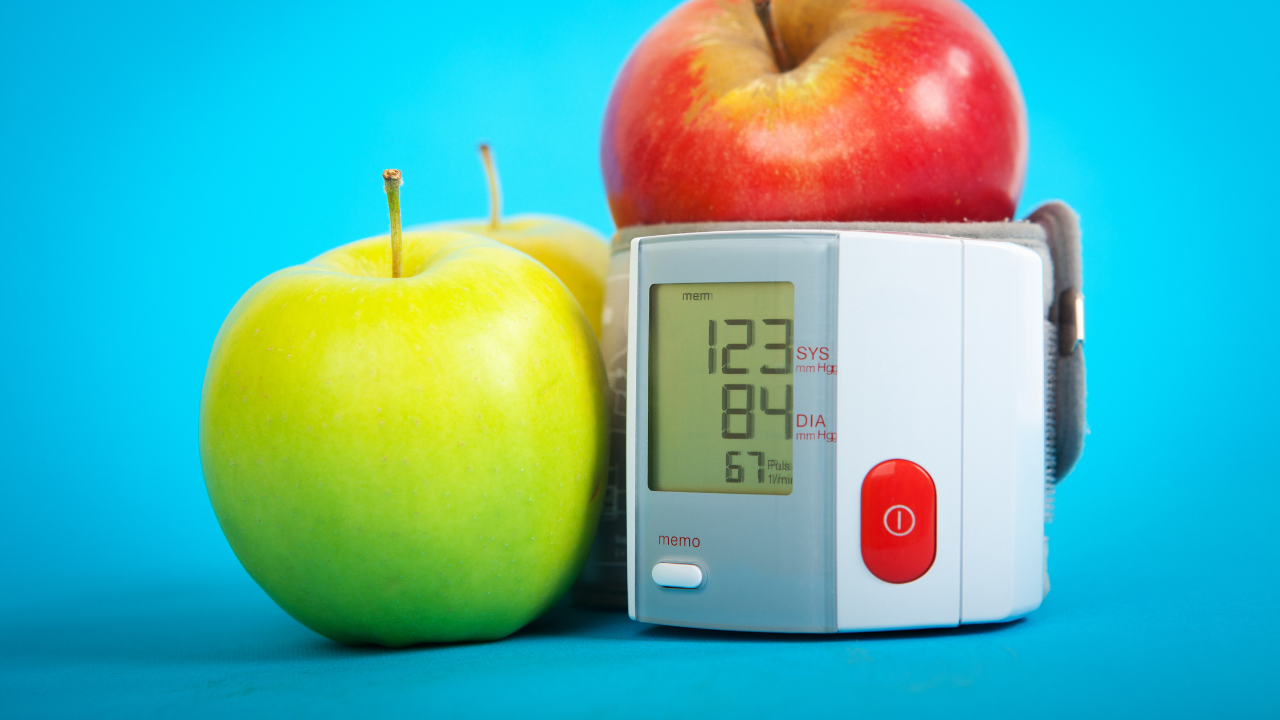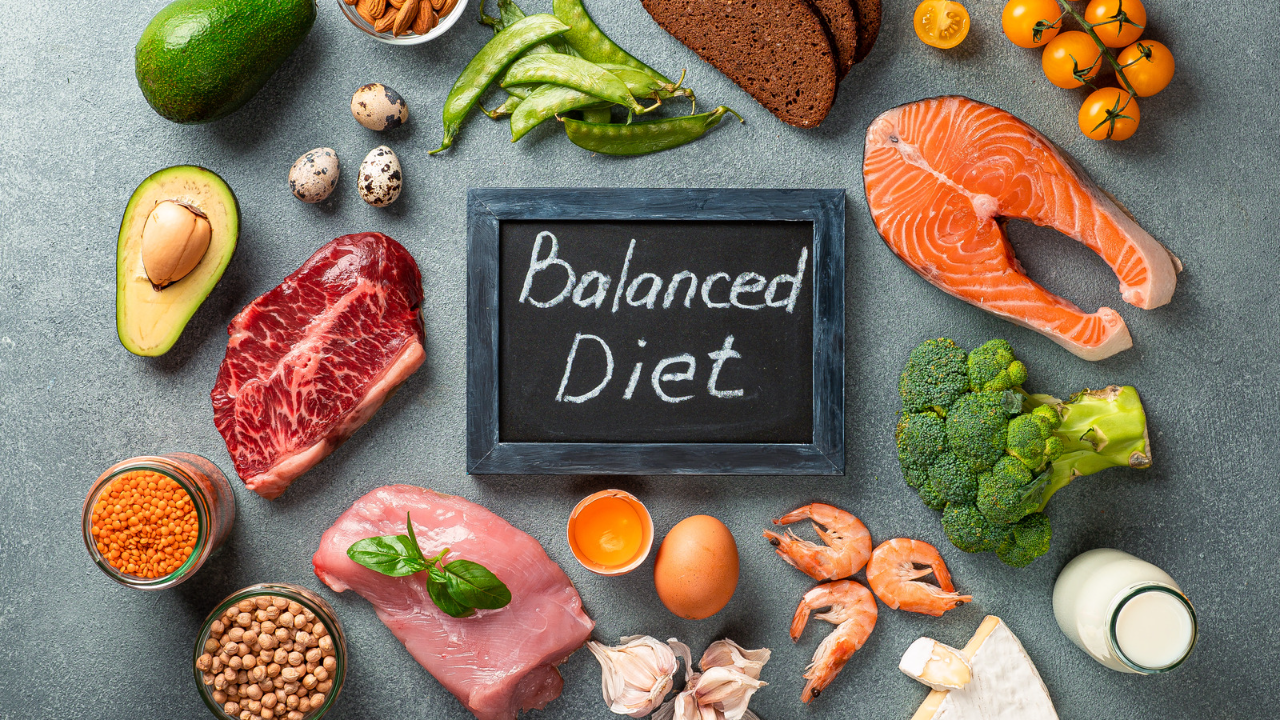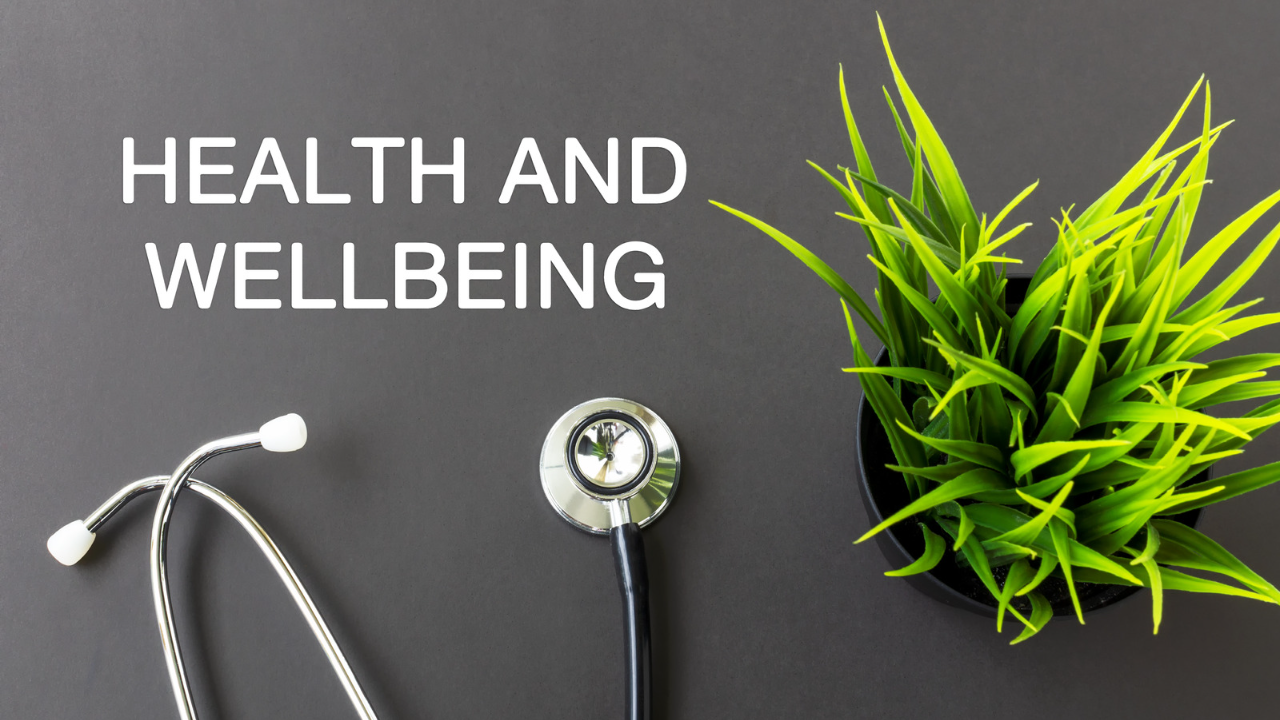High blood pressure, or hypertension, is often referred to as the “silent killer.”
This condition, characterized by consistently elevated pressure in the arteries, often develops without any symptoms. The problem is because you can’t feel high blood pressure you might ignore it….. you don’t go to the doctor, and this might end to a catastrophic leading to serious complications like heart attacks, strokes, and kidney failure.
Understanding its causes is essential for prevention and management. In this video, we will look at five medical causes of high blood pressure you should know about!
What is High Blood Pressure?
 Before exploring its causes, let’s understand what high blood pressure means. Blood pressure measures the force exerted by circulating blood on the walls of blood vessels. It is recorded as two numbers:
Before exploring its causes, let’s understand what high blood pressure means. Blood pressure measures the force exerted by circulating blood on the walls of blood vessels. It is recorded as two numbers:
- Systolic pressure (the upper number): The force when the heart pumps blood into the arteries.
- Diastolic pressure (the lower number): The force when the heart rests between beats.
A normal blood pressure reading is around 120/80 mmHg. Hypertension occurs when this pressure consistently exceeds 130/80 mmHg. Over time, elevated blood pressure damages blood vessels and organs, increasing the risk of serious health issues.
Medical Causes of High Blood Pressure
1.Genetics
Family history plays a significant role in hypertension. If close relatives, such as parents or siblings, have high blood pressure, your risk increases. Genetic predispositions may influence how your body regulates sodium, fluid balance, and vascular tone—all critical factors in maintaining normal blood pressure.
While you cannot change your genes, understanding your family history can help you take early preventive steps, such as regular monitoring and lifestyle adjustments.

2.Diet and Nutrition
What you eat directly affects your blood pressure. Poor dietary habits are among the most common causes of hypertension:
- Excess Sodium: High salt intake leads to water retention, increasing blood volume and, consequently, blood pressure. Processed foods, fast foods, and salty snacks are major culprits.
- Low Potassium: Potassium helps balance sodium levels in the body. A diet lacking fruits and vegetables, which are rich in potassium, can disrupt this balance.
- Unhealthy Fats: Diets high in saturated and trans fats contribute to arterial stiffness and blockages, raising blood pressure over time.
Incorporating a balanced diet—rich in fresh fruits, vegetables, whole grains, lean proteins, and healthy fats—can significantly reduce hypertension risk.
3.Lifestyle Factors
Your day-to-day habits play a pivotal role in blood pressure regulation. Key lifestyle factors include:
- Physical Inactivity: A sedentary lifestyle weakens the heart and circulatory system, making it harder for the heart to pump efficiently. This strain can elevate blood pressure.
- Stress: Chronic stress causes the body to release stress hormones like cortisol and adrenaline. These hormones temporarily spike blood pressure and, over time, may lead to chronic hypertension.
- Alcohol Consumption: Drinking excessive alcohol increases blood pressure by altering the heart’s rhythm and promoting weight gain.
- Smoking: Nicotine constricts blood vessels, leading to increased resistance in blood flow and higher blood pressure.
Adopting healthier habits—like regular exercise, stress management techniques, and limiting alcohol intake—can help maintain normal blood pressure levels.
If you are interested in a video on how to lower your blood pressure without medications click right here
4.Underlying Health Conditions
Several medical conditions can directly cause or contribute to high blood pressure. These include:
- Kidney Disease: The kidneys play a crucial role in regulating blood pressure by controlling fluid and electrolyte balance. Damaged kidneys may fail to remove excess fluid, causing hypertension.
- Diabetes: High blood sugar damages blood vessels, making them less flexible and more prone to narrowing. Additionally, diabetes can harm the kidneys, exacerbating blood pressure issues.
- Sleep Apnea: This condition causes breathing to repeatedly stop and start during sleep, stressing the cardiovascular system. Sleep apnea triggers the release of stress hormones, which raise blood pressure both during the night and throughout the day.
Regular medical check-ups and managing these conditions effectively can reduce their impact on blood pressure.
5.Hormonal Imbalances
Hormones regulate numerous bodily functions, including blood pressure. When hormonal systems are disrupted, hypertension can result. Common hormonal causes include:
- Thyroid Disorders: Both underactive (hypothyroidism) and overactive (hyperthyroidism) thyroid glands can lead to high blood pressure. Hypothyroidism stiffens blood vessel walls, while hyperthyroidism increases the heart rate and cardiac output.
- Adrenal Gland Issues: The adrenal glands produce hormones like aldosterone and cortisol. Conditions such as Cushing’s syndrome (excess cortisol) or Conn’s syndrome (excess aldosterone) can elevate blood pressure by increasing sodium retention and fluid volume.
- Pheochromocytoma: This rare tumor of the adrenal glands causes the release of excess adrenaline and noradrenaline, hormones that sharply increase blood pressure.
Hormonal imbalances are often diagnosed through blood tests and imaging studies, and treatments typically involve medication, lifestyle changes, or surgery.

Other Contributing Factors
- Age: Blood pressure tends to rise with age due to natural stiffening of arteries and changes in hormonal balance.
- Medications: Some over-the-counter and prescription medications, such as NSAIDs (e.g., ibuprofen), decongestants, and certain antidepressants, can elevate blood pressure.
- Obesity: Excess weight places additional strain on the heart and blood vessels, making hypertension more likely.
Preventive Measures
Although some risk factors, like genetics and age, are beyond our control, there are several actionable steps to prevent or manage high blood pressure:
1.Adopt a Heart-Healthy Diet:
-
- Emphasize the DASH (Dietary Approaches to Stop Hypertension) diet, which focuses on reducing sodium and increasing potassium, calcium, and magnesium.
- Limit processed foods, sugary drinks, and red meat.2.Stay Physically Active:
- Engage in at least 150 minutes of moderate aerobic activity per week, such as walking, swimming, or cycling.
2.Manage Stress:
-
-
-
- Practice relaxation techniques like deep breathing, yoga, or meditation.
- Set aside time for hobbies and activities that bring joy.
-
-
3.Monitor Your Blood Pressure:
-
-
-
-
- Use at-home monitors to track readings regularly.
- Consult your doctor for personalized advice if you notice consistent elevations.
-
-
-
4.Quit Smoking and Limit Alcohol:
-
-
-
-
-
- Seek support if needed to stop smoking.
- Limit alcohol intake to one drink per day for women and two for men.
-
-
-
-

If you have reached this far in the video friend thank you for staying so loyal so I’ll give you a bonus tip right this is the bonus tip is looking at one of the most overlooked causes of high blood pressure is chronic stress. While physical factors like diet, weight, and activity levels are well-known contributors, the impact of stress on blood pressure often flies under the radar. Here’s why:
- How Stress Raises Blood Pressure: When you’re stressed, your body releases hormones like cortisol and adrenaline. These hormones temporarily increase your heart rate and constrict blood vessels, elevating blood pressure.
- Long-Term Effects: Chronic stress can lead to unhealthy coping mechanisms, such as poor diet, lack of exercise, or increased alcohol consumption, which further exacerbate hypertension.
While stress might not directly cause permanent hypertension in all cases, its indirect effects make it a significant, yet often overlooked, contributor to elevated blood pressure.
If you’re interested in other videos click right below:



